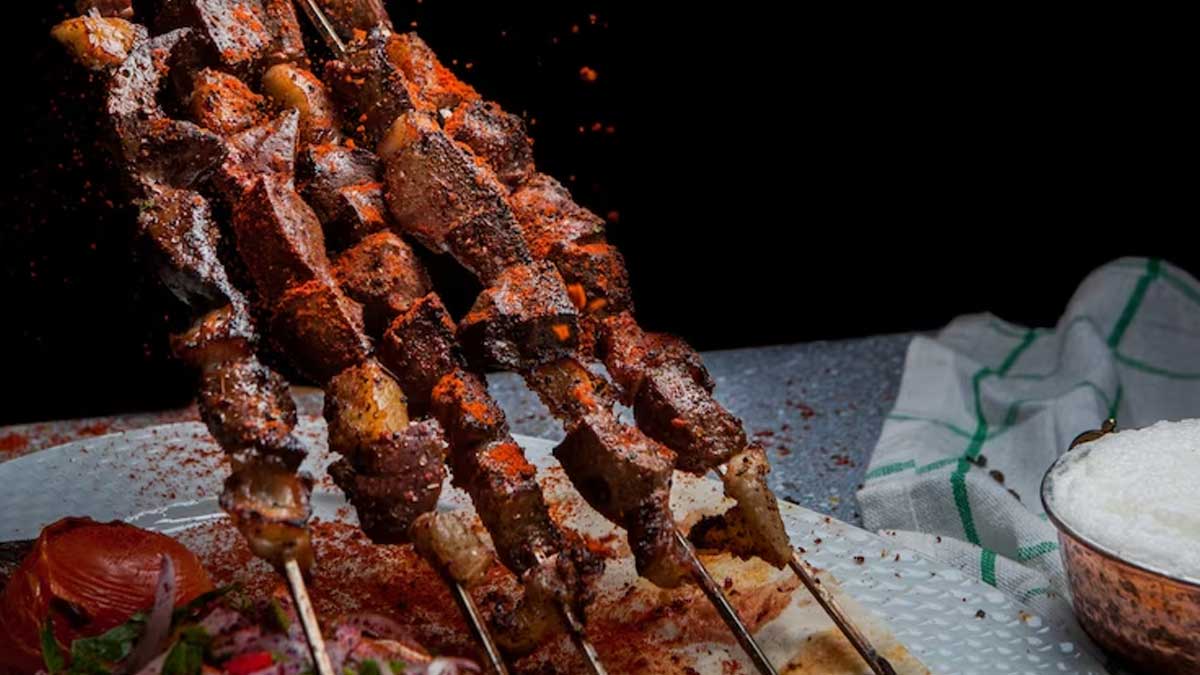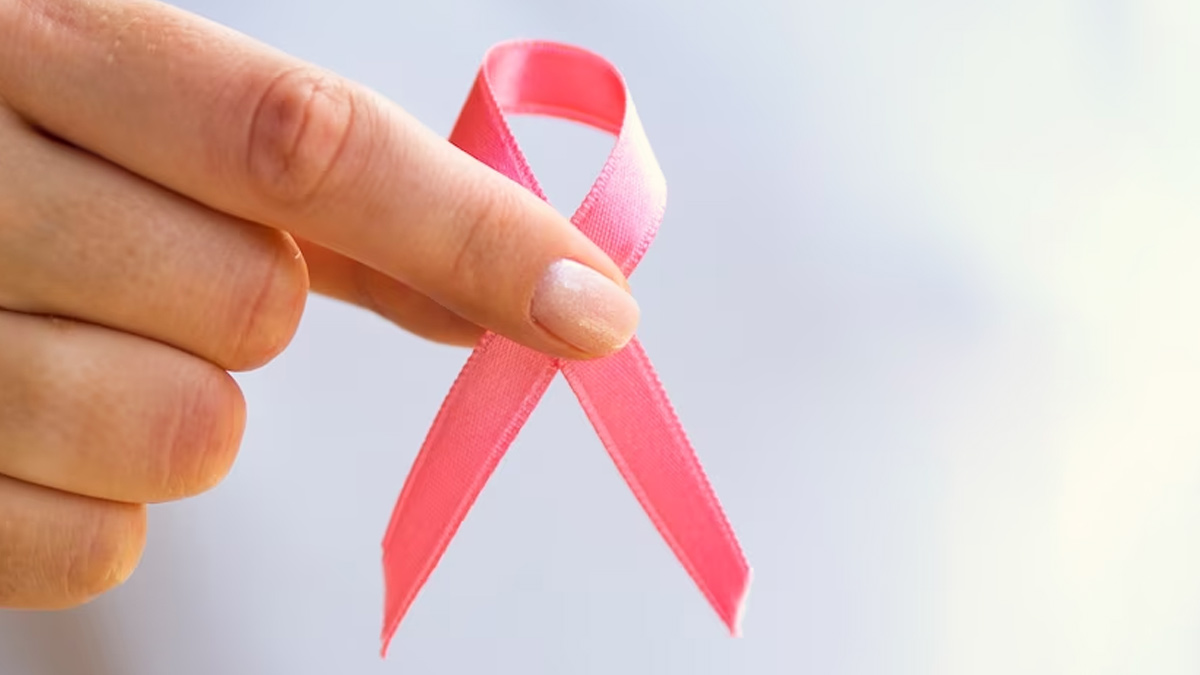
For many years, there has been concern and investigation into the potential relationship between charred meat and cancer. When meat is heated to high temperatures, particularly over an open flame, heterocyclic amines and polycyclic aromatic hydrocarbons are produced. These medicines have been demonstrated to alter DNA, potentially increasing the risk of cancer.
Table of Content:-
What Are HCAs and PAHs
Heterocyclic amines
These compounds are created when amino acids, the building blocks of proteins, sugars, and creatine, a substance found in muscle, react at high temperatures. HCAs are primarily formed during high-temperature cooking methods like pan frying or grilling.

Also read: Not A Meat Lover? Here Are 5 Most Overlooked Protein Sources
Polycyclic aromatic hydrocarbons
As per National Cancer Institute, PAHs form when fat and juices from meat grilled directly over an open flame drip onto the fire, causing flames. These flames contain PAHs that then adhere to the surface of the meat. PAHs can also be found in other charred foods and in smoke from wood and other organic materials.
Cancer Risk
According to the National Cancer Institute, both HCAs and PAHs have been shown to be mutagenic, that is, they can cause changes in the DNA that may increase the risk of cancer. Research has particularly linked these chemicals to an increased risk of colorectal, pancreatic, and prostate cancer. However, the risk is influenced by the amount consumed and the cooking methods used. Not everyone who consumes charred meat will develop cancer, but frequent consumption over a long period significantly increases the risk.

How Can One Reduce The Risk
Here are some tips to help reduce the formation of harmful chemicals while still enjoying grilled meats:
Marinate
Marinating meat before cooking can reduce the formation of HCAs and PAHs. Certain ingredients like vinegar, lemon juice, and herbs are believed to form a protective barrier that reduces the amount of harmful chemicals.
Pre-cook
Partially cooking meat in the microwave, oven, or stove before finishing it on the grill can help reduce the time the meat spends exposed to high temperatures, thus reducing the formation of harmful chemicals.
Avoid Direct Flames
Try to cook meat away from the direct flame, reducing fat dripping and flames, which can help minimise PAH formation.
Flip Frequently
Flipping meat frequently and keeping it moving helps to prevent it from getting too charred.
Also read: Plant Based Meat: Here's Why It Is A Healthier Alternative
Remove Charred Portions
Cutting away charred portions of meat after grilling can decrease the exposure to potentially harmful chemicals. Less fat means fewer drippings and, consequently, fewer PAHs.
Various experts agree that while no need to completely eliminate grilled or charred meats from your diet, it is wise to moderate intake and employ cooking methods that minimise the formation of HCAs and PAHs.
Incorporating a variety of cooking methods and including more plant-based foods in your diet can also help reduce overall risk. Ultimately, while charred meat can be a part of a balanced diet, it is beneficial to use safer grilling practices to reduce the exposure to potentially carcinogenic chemicals.
Also watch this video
How we keep this article up to date:
We work with experts and keep a close eye on the latest in health and wellness. Whenever there is a new research or helpful information, we update our articles with accurate and useful advice.
Current Version